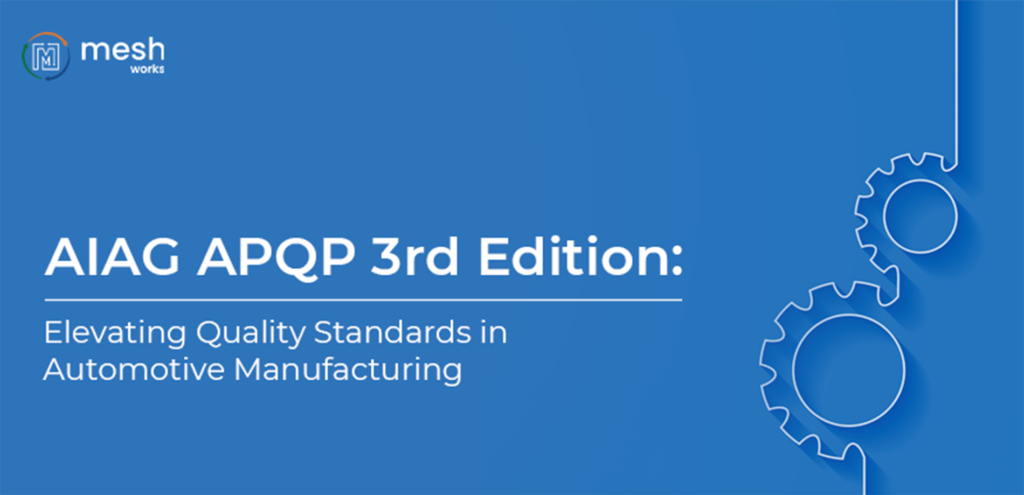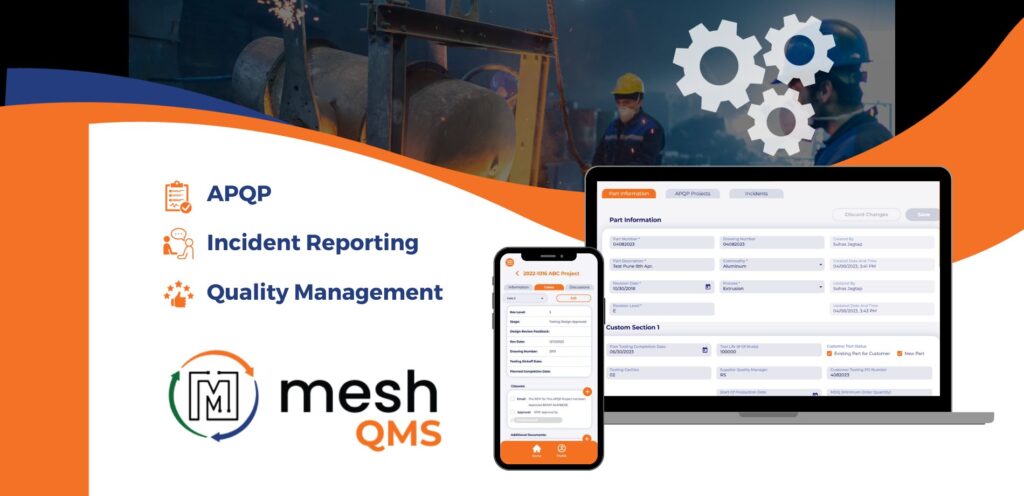The Advanced Product Quality Planning (APQP) 3rd Edition, released by AIAG in March 2024, marks a significant evolution in quality management for the automotive industry. With a strong focus on risk mitigation, supplier evaluation, and process optimization, these updates align with modern manufacturing challenges and Industry 4.0 advancements.
But what do these changes mean for automotive suppliers and manufacturers? Let’s explore the key updates and their practical impact on the industry.
1. Continuous Improvement as a Core Principle
2. Control Plan Becomes a Standalone Document
Previously integrated within other APQP elements, the control plan is now a separate, mandatory document. This shift highlights its critical role in production audits, quality inspections, and defect analysis, helping teams address issues more effectively.
3. Smarter Supplier Sourcing Decisions
A more detailed sourcing checklist now provides a structured approach to supplier evaluation. This is particularly valuable for identifying and managing high-risk suppliers, ensuring procurement teams make more informed choices.
4. Capacity Planning to Avoid Bottlenecks
Insufficient capacity can delay production, while excess capacity results in inefficiencies. The new APQP edition formalizes capacity assessments for both suppliers and manufacturers, helping organizations optimize production readiness.
5. Gated Project Management for Better Oversight
With a new gated management approach, project teams must meet predefined criteria before advancing to the next phase. This structured oversight minimizes risks, ensuring that projects stay on track and critical issues are resolved before escalating.
6. Stronger Risk Assessment Strategies
The updated APQP introduces enhanced risk identification tools and checklists. These updates encourage proactive issue resolution, helping manufacturers address potential failures before they impact production or quality.
7. Standardized Change Management
The latest APQP revision outlines a clearer framework for managing product and process changes. This ensures that modifications are systematically documented, evaluated, and implemented without compromising quality.
8. Key Performance Indicators (KPIs) for Measurable Success
Organizations can now track APQP process effectiveness through newly introduced KPIs. These metrics allow manufacturers to quantify progress, helping leadership teams make data-driven decisions.
9. Enhanced Focus on Traceability & Error-Proofing
AIAG has further refined its expectations around traceability and error-proofing mechanisms. These refinements help manufacturers reduce defects, improve quality control, and strengthen regulatory compliance.
10. APQP Meets Industry 4.0
With automation and digitalization shaping the future of manufacturing, the APQP 3rd Edition aligns with Industry 4.0 principles. This ensures that quality management strategies remain relevant in an era of AI, IoT, and smart manufacturing.
How to Adapt to the New APQP Guidelines
For automotive manufacturers and suppliers, the latest APQP updates present both challenges and opportunities. Companies that proactively integrate these changes will strengthen their competitive advantage, enhance supply chain efficiency, and improve overall product quality.
At MESH Works, we offer tailored solutions to help organizations align with the new APQP framework—from multi-tier supply chain management to digital checklists that ensure compliance.
Staying ahead of industry shifts is crucial. By embracing these APQP 3rd Edition updates, manufacturers can build a resilient, future-ready quality management system.
Is your organization ready for the shift? MESH Works can help streamline your APQP processes with digital solutions designed for modern manufacturing. Get in touch today to stay ahead!




